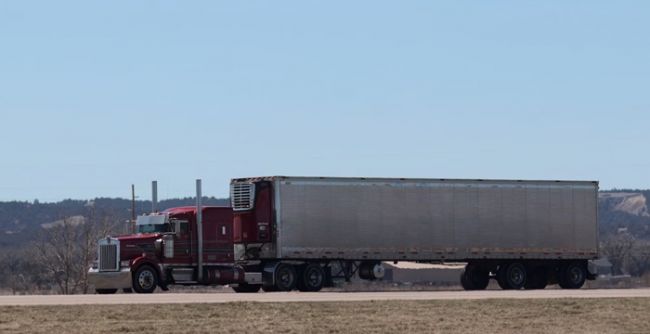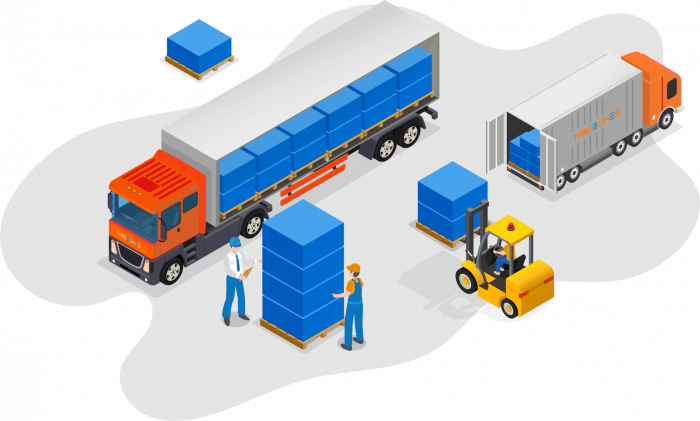

In a fast-moving market where demand is high, a strong supply chain depends on efficient shipping solutions. Businesses across industries—whether in automotive, chemicals, manufacturing, or paper and plastic—need the right freight options to keep operations running smoothly. That’s where Migway comes in, offering reliable Less Than Truckload (LTL) and Full Truckload (FTL) shipping to match different logistics needs. By optimizing transportation and ensuring timely deliveries, Migway helps businesses of all sizes stay competitive and keep their supply chains moving without disruption.
In industries like chemicals, where precise logistics and safety are critical, choosing the right shipping method becomes even more important.
Let’s explore how Migway’s tailored freight solutions support the chemical industry in maintaining a seamless supply chain.
The chemical industry operates under heavy regulations. The LTL approach benefits companies that deal with smaller or less frequent shipments. The less-than-truckload shipping allows carriers to consolidate smaller shipments from various companies to fill the space. They can lower the transportation costs while adhering to the safety regulations.
On the other hand, companies that transport large quantities of chemicals will use the full truckload approach. This means that the entire truck is reserved for their freight. This protects the chemicals from contamination. Since the company uses a dedicated truck, there will be no stops and extra handling. The direct route minimizes delays and delivers sensitive chemicals expeditely.

The automotive industry faces a challenge: coordinating the production process with the arrival of parts. They rely on the just-in-time approach, where precise coordination is needed for uninterrupted processes. LTL shipping is an efficient solution for transporting small shipments of small mechanical components, electronics, and accessories. They are grouped and loaded onto a truck to ensure timely arrival.
The automotive industry also needs larger parts. FTL shipping is an excellent option for engines, transmissions, and assembled vehicles. FTL shipping gives you all the space and safety you need. It's perfect for moving large or heavy car parts because you don't have to share the truck with other goods. This means there's less chance of damage, and your essential parts get where they need to be on time and in one piece.
This industry deals with lightweight but bulky products. Less than truckload shipping helps them transport small batches of goods while keeping them cost-efficient. It is ideal for smaller shipments when paying or a whole truck isn't feasible.
If you're working with time-sensitive or large orders, an FTL works better. This reduces the risk of damage and ensures timely delivery.
The manufacturing process requires raw materials and parts, which must be delivered at the right time to avoid disruptions. Small shipments of metal, electronics, and textiles can be transported with LTL to maintain efficiency.
When it comes to large quantities of raw materials, heavy equipment, and finished products, the FTL method might be a better option. It allows timely delivery to maintain the production schedules and avoid delays.
This industry often moves heavy or oversized items that need extra care. FTL shipping is excellent for these oversized shipments because it gives enough space and security for things like machinery or construction materials. A dedicated truck helps companies transport their goods safely and on time, reducing the risk of damage or delays.
For smaller shipments, LTL shipping is a cheaper option. If businesses want to ship a smaller batch, there is no point in paying for the whole truck. Despite saving you money, this practice is good for the environment.
LTL and FTL shipping cater to different business needs, offering flexibility in logistics. FTL is the best choice for large, high-volume shipments that require dedicated space and added security, ensuring they reach their destination safely and on time. Meanwhile, LTL is a budget-friendly option for smaller loads, allowing businesses to share truck space and cut costs without compromising delivery efficiency. By choosing the right shipping method, companies can optimize their supply chain and meet customer demands effectively.
Be the first to post comment!